As I was selecting and organizing the book titles for Soul School, I was moving along smoothly—until I reached the high school selections. Suddenly, I found myself stuck, grappling with a reality I couldn’t ignore. The landscape of easily accessible young adult literature written about Black people is overwhelmingly and painfully centered on pervasive trauma and excessive adult themes.
Searching for Black YA literature featuring Black teens where no one gets shot or assaulted, has sex or gets raped, cusses day and night, gets drunk, is violently or traumatically exploited, or is relentlessly subjected to racial strife felt like trying to find a Pepsi in Atlanta—nearly impossible. Coca-Cola reigns supreme here, just as Black trauma seems to reign in YA publishing.
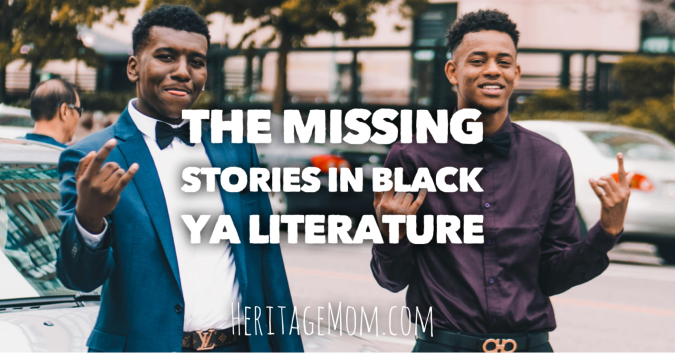
Censoring is not the answer.
To be clear, I do not believe that these books should be censored. Stories rooted in difficult realities are essential. Literature provides a safe space to explore painful topics, offering guidance, empathy, and understanding. Many of these books are beautifully written, deeply thought-provoking, and absolutely necessary. Singer and civil rights activist Nina Simone once said it is an artist’s duty “to reflect the times.” These books do just that.
But the issue is balance. Are these the only Black stories we want teens to experience? Where are the novels that celebrate Black joy, curiosity, ambition, and adventure—stories that exist outside the realm of violence, trauma, and mature content? Why is it so difficult to find Black YA books that wouldn’t receive an R-rating if books were reviewed like movies?
Kekla Magoon, author of The Season of Styx Malone (a Soul School recommendation), shares my concern:
“Moving through this world as a Black person, you never forget that you are Black. You never forget the specter of racism and threat that always lies just around the corner. We need books to do more than try to remind us we are Black, especially when they do so by underscoring how poorly Black people have often been treated in this society. Overcoming racism is not all we are about, and it is not the only way we want to be seen. To deny us the ability to tell and celebrate all of our stories is yet another way of denying us our humanity. It is yet another way of ensuring we will always and only be viewed through one particularly painful lens… Our youth deserve many more love letters, not just reminders of their pain.”
Magoon’s perspective is significant. She authored How It Went Down, one of the first YA books in recent years to address the kind of racial violence that has now become standard in Black YA literature. If she sees the issue, we need to listen.
It feels like an entire category of books is missing.
High school students who are beyond middle-grade fiction but not yet ready for mature or adult themes (or those who want to read other things in addition to those books) shouldn’t have to wade through an onslaught of brutality and explicit content just to find a story that represents them. Can we demand more books that offer complex and meaningful narratives without relying solely on trauma or mature content? Stories that center friendships, family, ambition, humor, intellectual curiosity, or personal growth? Innocent budding romances? Coming-of-age stories with varied life scenarios? Books that demonstrate the breadth of the Black teen experience?
Even in our fictional existence, Black and Brown teens don’t get to be the type of kids who sneak out of the house and go on scavenger hunts until 3:00 in the morning or traipse across Europe on a whim. We have to be “authentic” — never veering far from reality… Because whiteness is seen as the default, white stories are seen as “regular” — not in need of any traumatic embellishments which are steeped in centuries of systemic racism.
Endiya Griffin, The Problem with “Urban” Teen Fiction
Black authors have so many more stories to tell, but we must question whether publishing gatekeepers are limiting what reaches bookshelves. Black trauma is profitable, and that reality makes me wonder who gets to decide which stories are seen and which are silenced.
We need to expose, educate, and redirect those who are blocking a more comprehensive selection of Black YA books. Readers, we have power. When a fresh, unique story hits the shelves, vote with your dollars. Demand more from publishers. Our teens deserve a broader, richer landscape of stories—ones that reflect the full range of Black life, not just its worst struggles and trauma. Let’s work together to ensure they get it.
If you haven’t read Soul School, I encourage you to grab a copy and dig into chapter 10, which is filled with young adult recommendations. Also, check out this book review on Redeemed Reader, which discusses this issue and more!
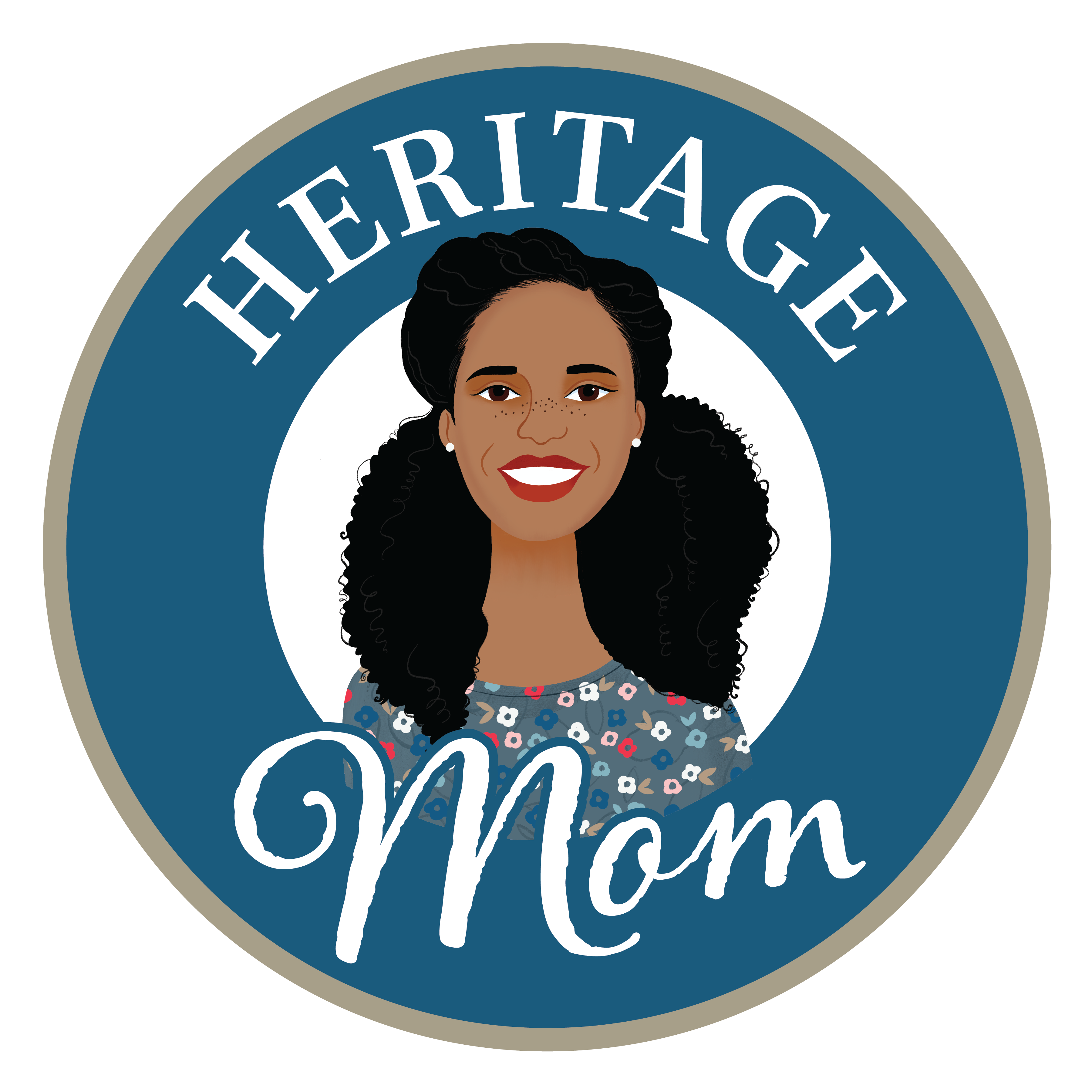
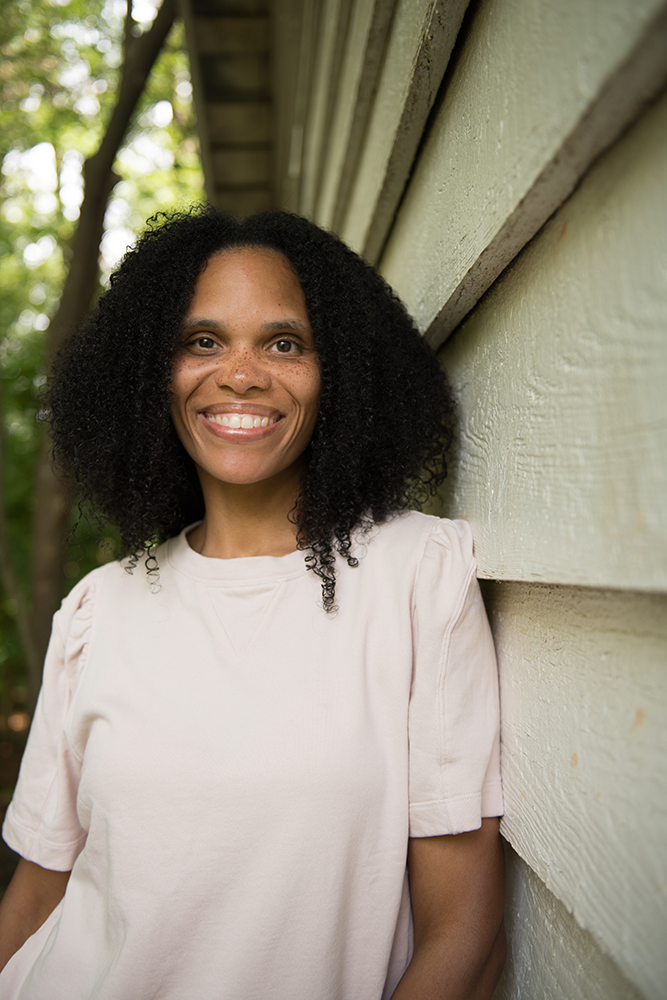
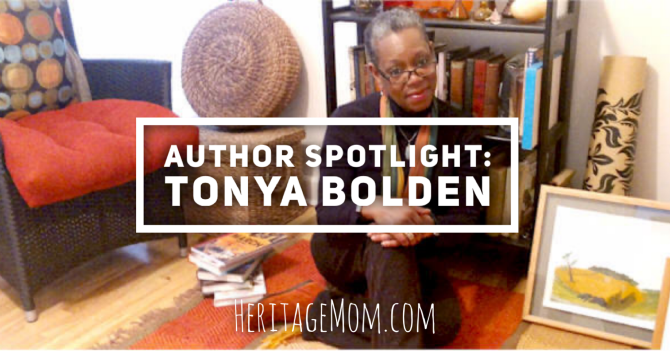
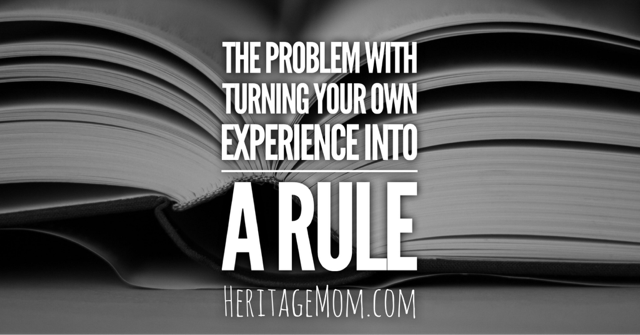
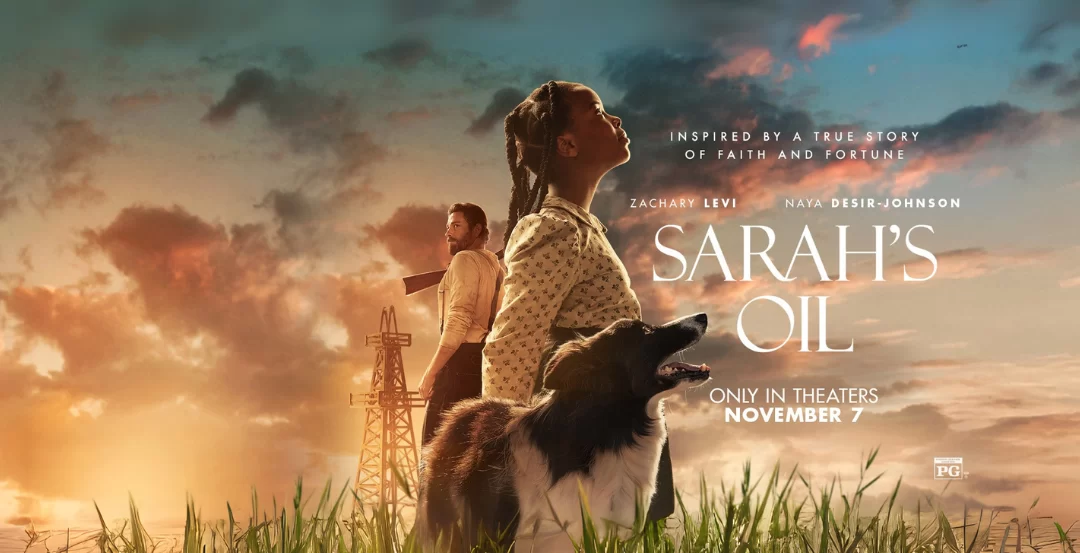
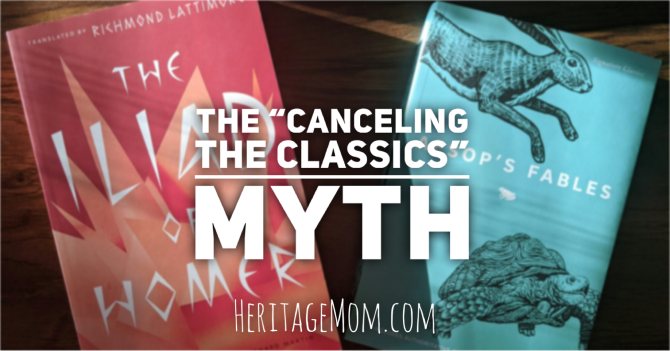
Excellent commentary! Thank you for putting language to something we are experiencing now with our 14 year old daughter. She is an avid reader and loves the fantasy genre. She Really enjoyed the Millie Maven series, but has outgrown a lot of Ted Deckers youth fiction. As we search the landscape of YA reading, we have become frustrated for all of the reasons mentioned here plus the witchcraft and sorcery that we stay away from as Christians. We are not a monolith. Arise aspiring black authors! we need to read that book God has placed in your heart to write for YA black readers!
I’m glad this resonated with you. My daughters are 13 and 15, so I’m literally right there with you, and something really must be done.